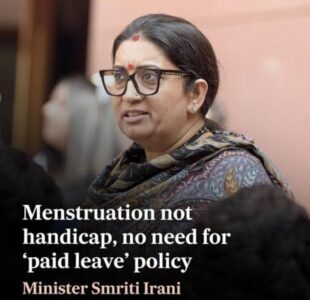Adoption and Mental Health
Adoption and Mental Health
Adoption is a delicate process that comes with many different considerations. The relationship between an adopted child and his or her adopted parents is unique, and in many ways unlike that between parents and their biological children. It is difficult to predict how a child will adapt to his or her new home and family, so it is important to prepare for several different considerations about the mental and emotional wellness of adopted children.
Research has found that adopted children are at risk for suffering from mental health disorders. Twelve to 14 percent of adopted children in between the ages of 8 and 18 are diagnosed with a mental health disorder each year, and adopted children are almost twice as likely as children brought up with their biological parents to suffer from mood disorders like anxiety, depression, and behavioral issues.
Several factors contribute to an adopted child’s risk of suffering from a mood or behavioral disorder, like:
• Age of adoption
• Where the child was adopted from
• Conditions of the foster home and family
• Whether the child has contact with his or her biological family members (Open Adoption)
• History of mental illness in biological family
Attachment starts in the womb,2so even for children relinquished at birth, this represents a significant trauma and attachment wound.
Adoption is often forgotten when speaking about trauma, leading to a form of disenfranchised grief, which is grief that is not typically acknowledged or validated by society. Both the trauma and the unrecognized grief may contribute to significant mental health issues.
( It’s not OK to bring puppies home until they’re eight weeks old, but with infants, we have this expectation that they’re just supposed to fit in and belong )
— LESLI JOHNSON, LMFT
Adoptees—particularly in transracial adoptions—may feel stuck between two worlds. They feel like they don’t quite belong in the family raising them, nor do they belong in the their family of origin.
How to Find Help
If you are an adoptee and these or any other issues have been impacting your life, there is support for you out there, from adoption-focused therapists to support groups. You don’t have to face this alone.
Therapy
The good news is that adoptees go to therapy at a higher rate than non-adoptees; they are represented twice as much as non-adoptees in therapy.
When looking for a therapist who specializes in adoption, Johnson suggests asking these three questions:
• Do you think separating a child from biological parents is trauma?
• What has your training been in working with adoption and foster care?
• What is your training in attachment?
Support Groups
Adoption can feel like a very unique and isolating experience that few understand. A support group of other adoptees may help you feel less alone
A Word From Verywell ,
If you are an adoptee who is feeling the mental health effects of being adopted, you’re not alone, and there are therapists who can and want to help you process your trauma.


Leave A Reply